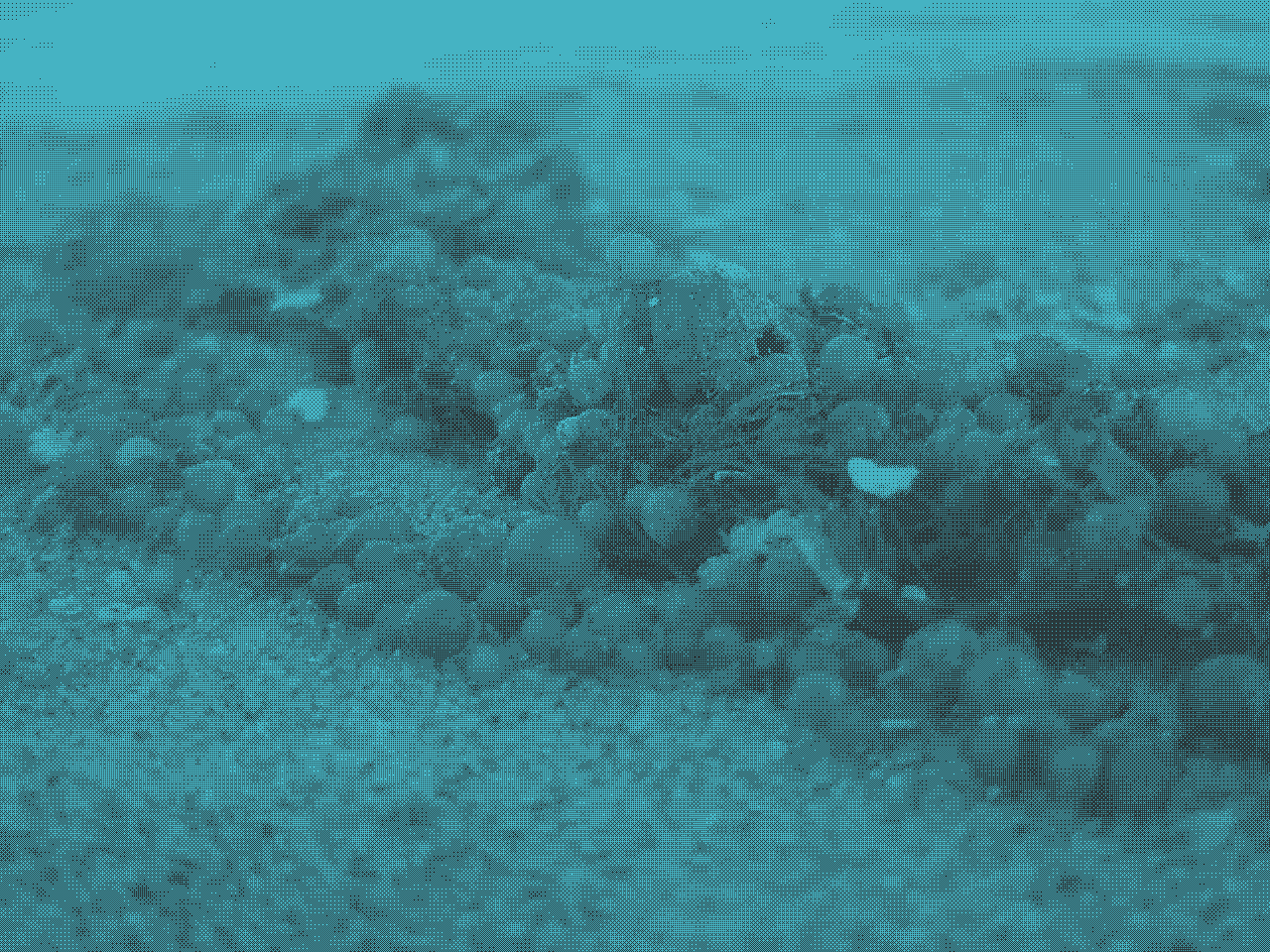
Both Timor-Leste and Ireland have experienced the impacts of climate-induced risk and disaster.
Climate-induced disaster has already impacted Timor-Leste’s environment, society and economy including the devastating impact Cyclone Seroja in 2021, which caused fatalities and catastrophic damage. As part of its recovery plan, the Timor-Leste government is working to improve adaptive capacity and resilience, through a holistic approach including a nature-based solutions (NbS) focus, enhancing community capacity for resilience. Experts in Timor-Leste have sought to connect with other island nations to learn and develop good practices that support this ethos.
LOAD will investigate knowledge gaps and tailor good practice and guidance on the values and practices inherent to a NbS approach. With a focus on adaptation, the project aims to develop a ‘learning comparison’, co-producing reciprocal and multi-directional knowledge transfer between Timor-Leste and Ireland to enhance NbS capacities in both countries. Using case studies, the project will harness local expertise to develop a series of location-specific adaptation measures.
Such measures are rooted in NbS approach; the site-specificity of this approach contrasts with mitigation initiatives that often occur at the national scale. The proposal includes co-productive, creative and qualitative methodologies to support local outputs with immediate impact and influence. The methodology itself presents a valuable output, in that the steps can be replicated across any site with capacity to acknowledge local contexts. Additionally, the goal is to enhance the profile of Timor-Leste and build new knowledge networks and enhanced cooperative capacity between our islands.